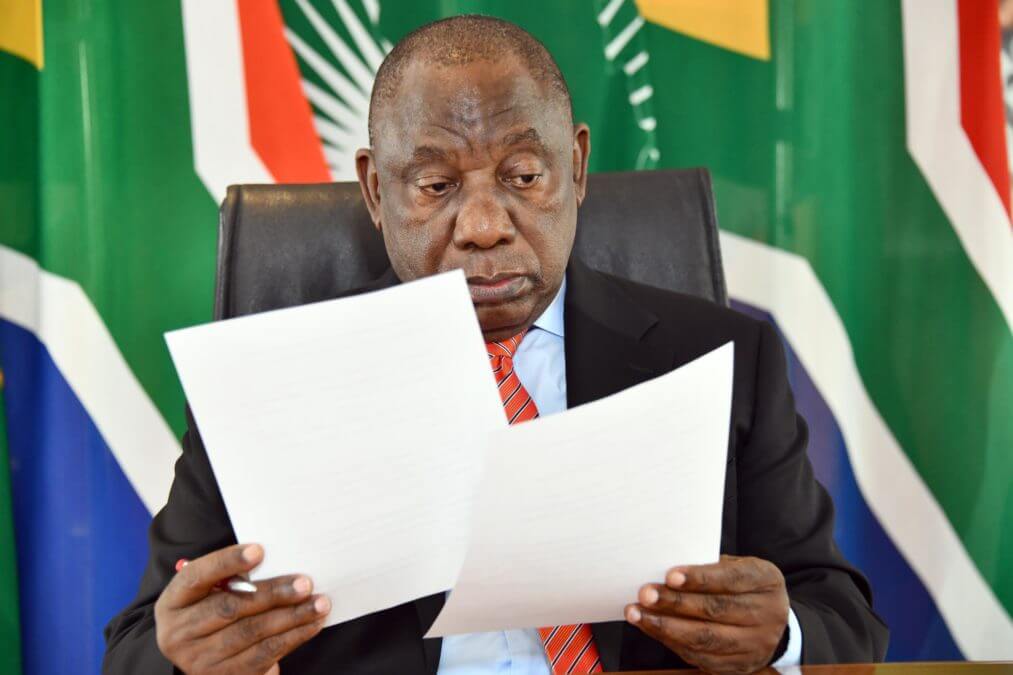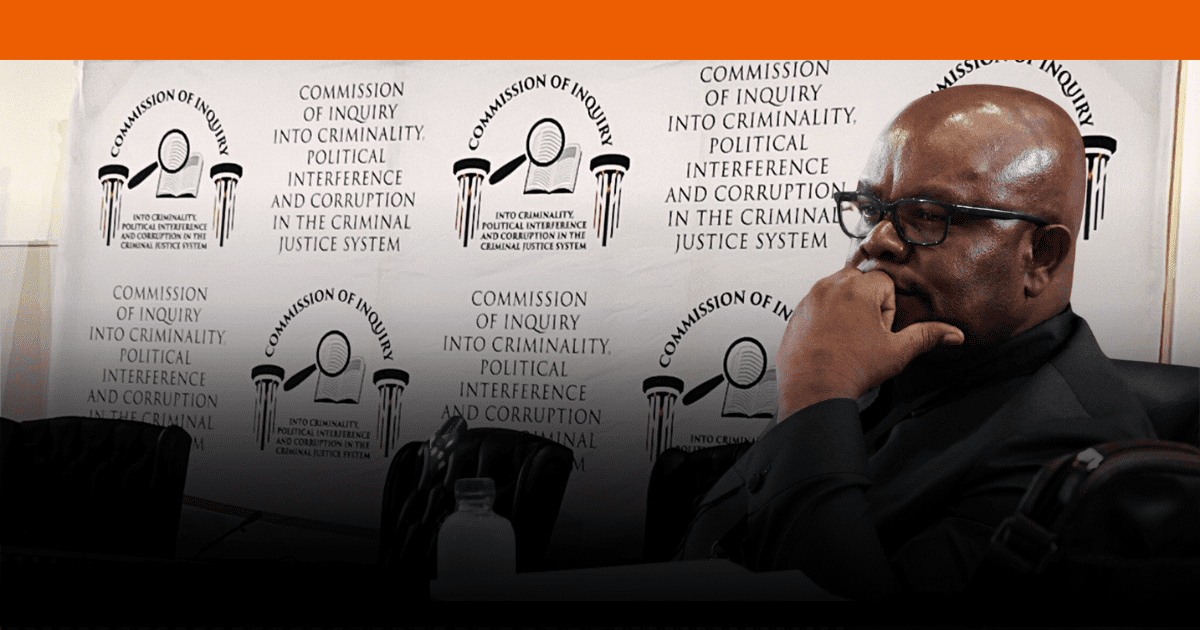As /explain/ gets ready to relaunch we thought we’d treat you to a revived Wrap edition to end of the year. Enjoy!
Tyla’s Colourful Journey
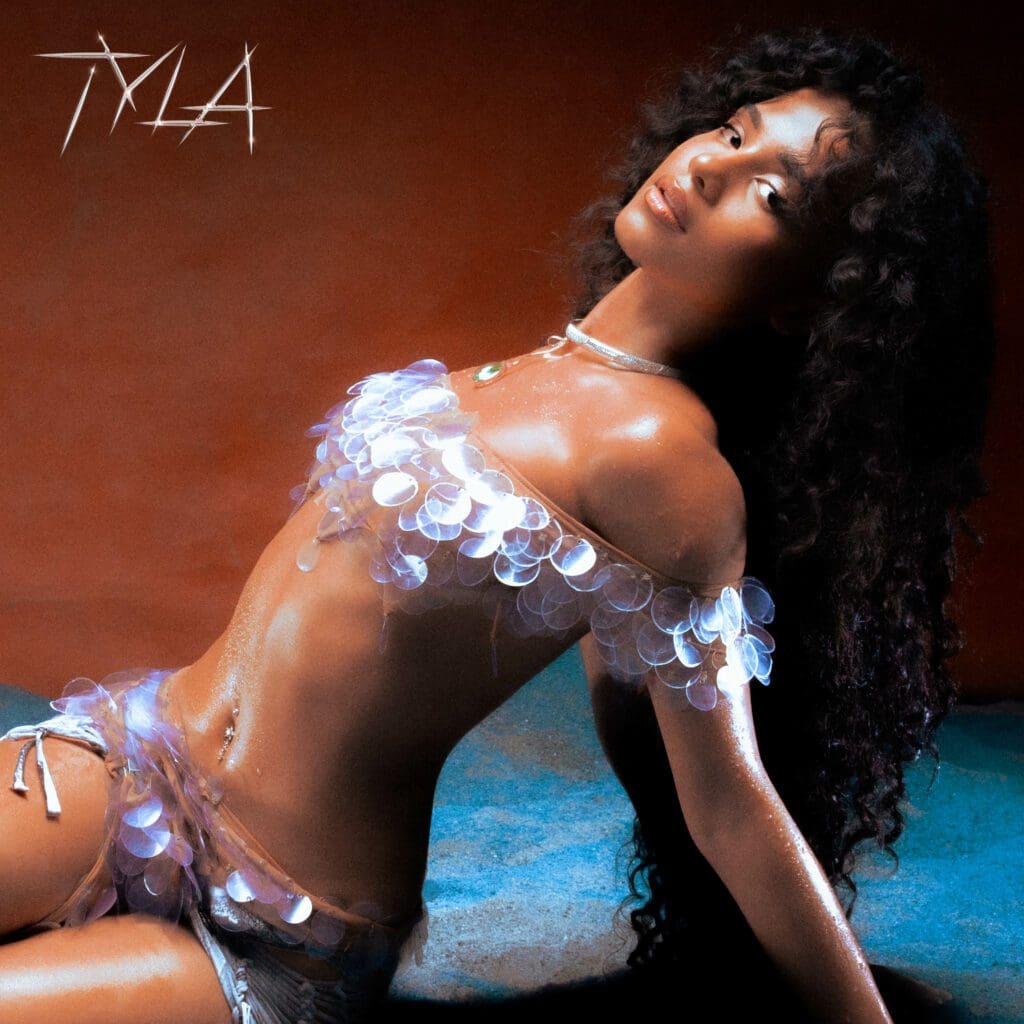
Unless you’ve been living under a rock (and hey, no judgement. SA is too much!), we’re sure the words “Make me sweat, make me hotter, Make me lose my breath, make me water” have you dancing a bit.
Mzansi has a new star, and her name is Tyla Laura Seethal. Or you could just call her Tyla. Born on January 30, 2002, in Johannesburg, Tyla, while in high school, began recording original and cover songs on her Instagram, where she was discovered and quickly rose to stardom during the pandemic, capturing the hearts of music lovers worldwide with her soulful voice and amapiano beats.
Tyla’s journey began with her debut single, ‘Getting Late,’ a collaboration with fellow artist Kooldrink that not only dominated the South African charts (and had us in a chokehold on TikTok!) but also caught the attention of Epic Records.
Fast forward to 2023, and Tyla is an international sensation with her hit single ‘Water‘ making history as the first South African artist to grace the US Billboard Hot 100 in over half a century. The last was the late great Bra Hugh Masekela with ‘Grazing In The Grass’ in 1968. It’s even sparked a global viral dance challenge, which Tyla seems to win every time we see her doing it!
Tyla was recently interviewed by fellow South African superstar Trevor Noah for Interview Magazine, where she revealed her plans to become a star. “I was always a huge dreamer. I loved watching the biggest stars on TV and wanted to be there one day. I never wanted to just be a local South African artist. I always wanted to be on the biggest stages, travelling the world.”
As Tyla’s star rises, she finds herself at the centre of a unique debate that transcends borders and delves into the complexities of language and identity. The controversy revolves around the term “coloured,” a label Tyla proudly uses to describe her rich, multicultural heritage.
Americans, unfamiliar with the nuanced history of the term in South Africa, have taken to social media platforms to express their concerns, emphasising the cultural divide and potential challenges Tyla may face in the American market.
The term “coloured” carries a complex history in South Africa, stemming from the days of apartheid when racial categorisations were enforced. Despite the derogatory connotations it may have in the US, it is an officially recognised identity that represents a diverse and resilient community in South Africa.
As Tyla gears up for the release of her self-titled debut album in March 2024 and awaits the outcome of her Grammy nomination, the conversation around her identity is likely to persist. In the ever-evolving landscape of the music industry, Tyla’s journey serves as a reminder of the power of art to transcend borders, spark conversations, and challenge preconceived notions of identity. Whether it’s on the Billboard charts or in the hearts of her fans, Tyla continues to make waves, leaving an indelible mark on the global music scene.
Is the end NHI?

We’re all for universal healthcare, but the National Health Insurance Bill in its current form is a cause for concern.
On 6 December 2023, The National Council of Provinces (NCOP) passed the controversial NHI Bill. The bill now sits with President Cyril Ramaphosa to sign into law.
Eight of the nine provinces voted to approve the bill. The Western Cape voted against it.
Business Unity SA (BUSA) and Business4SA (B4SA) are raising eyebrows. They’re saying, “Hold on a sec, South Africa doesn’t have a money tree. We can’t just magic up an extra R200 billion in taxes for this NHI thing.” And you know what? They might have a point.
The Democratic Alliance has said they will petition President Cyril Ramaphosa not to sign the bill and to refer it back to Parliament. They argue that the bill is unconstitutional because it talks about phasing out the benefits for which medical schemes may reimburse members, severely limiting access to healthcare.
Just what is the NHI Bill proposing?
The NHI will be funded through a mandatory pre-payment system, supplemented by a payroll tax payable by employers and employees and a surcharge on individuals’ taxable income. The National Treasury gets to determine the funding sources AND any changes in dedicated NHI contributions in line with the fiscal and economic environment, much like how our tax gets decided.
Private healthcare providers will continue to operate under the NHI, but they cannot set their own fees for NHI-funded benefits. The Fund will set these fees. Private providers will have the opportunity to contract with the NHI to provide health services to a broader public. This could see an end to medical aid schemes.
Now, done well, like in Rwanda, the NHI could be a positive thing for South Africa. But in its current iteration, it’s just not going to work.
The government has a momentous task on its hands to make sure that quality healthcare is accessible for the majority of the country, but it needs to do so correctly. The current bill, as it stands, seems too much like desperate ANC electioneering. 🙄
Losing Zahara
South Africans are mourning the loss of the beloved singer-songwriter Bulelwa Mkutukana, better known as Zahara, who passed away this month at 35. It marks a brutal end to a remarkable career and life for the self-taught guitarist whose love for music began at a young age.
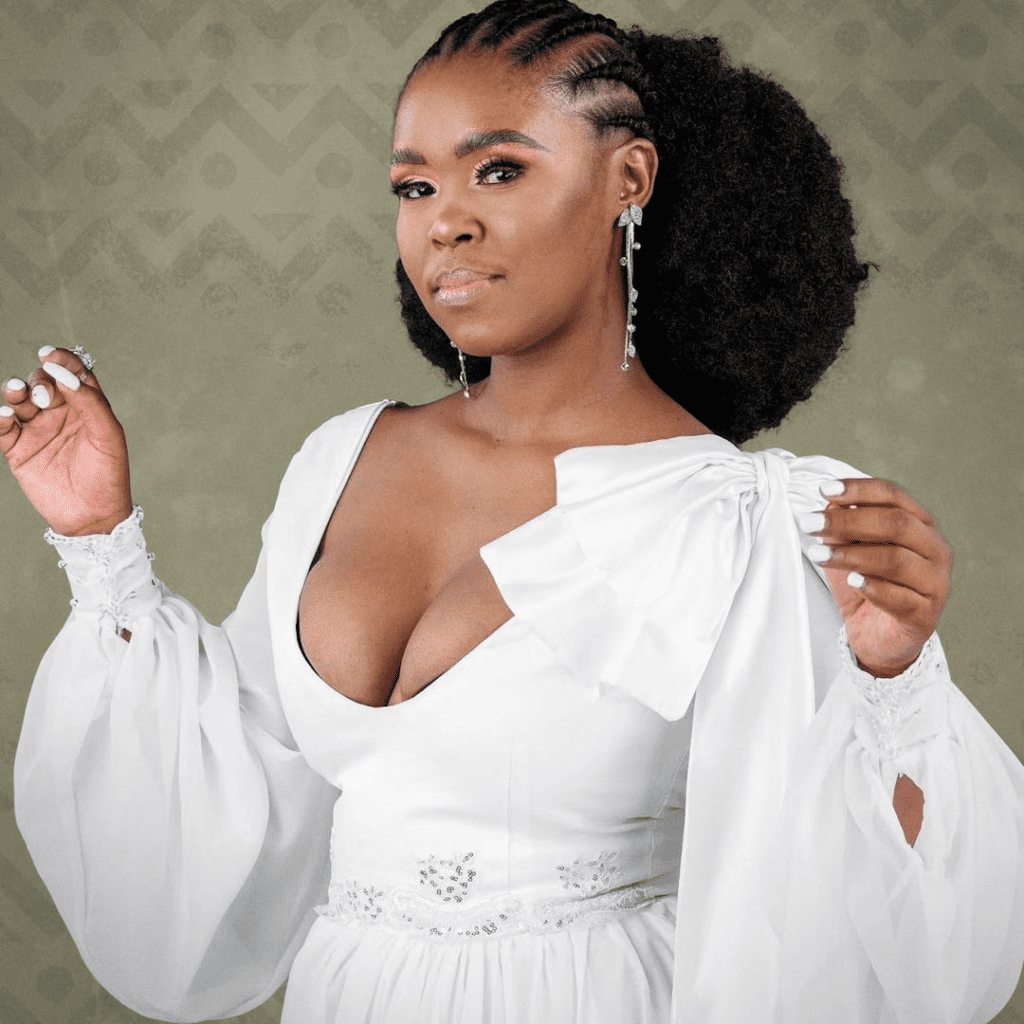
Zahara’s debut album, “Loliwe,” was released in 2011. The heartfelt melodies resonated with fans, propelling her to unprecedented fame and earning her numerous awards. Despite her success, her journey was marred by personal struggles, including a battle with alcoholism that led to liver damage.
‘Loliwe’, a commercial success, not only earned her Album of the Year at the South African Music Awards but also went platinum within just 13 days and double platinum in 17 days.
Her second album, ‘Phendula,’ featured a collaboration with Ladysmith Black Mambazo, and her third album, “Country Girl,” achieved remarkable three-time platinum status.
Her fourth album, ‘Mgodi’ achieved gold status within six hours of its release.
She received many awards, including eight wins for ‘Loliwe’ encompassing categories such as Album of the Year and Best Female Artist at the South African Music Awards. Her second album clinched three SAMAs, recognising her as the best-selling album, best R&B, soul and reggae album, and best female artist.
Her legacy is one of musical brilliance, resilience, and a deep connection with her audience. Thank you for the music, Zahara. 🙏
The 2024 Elections Belong to the Youth
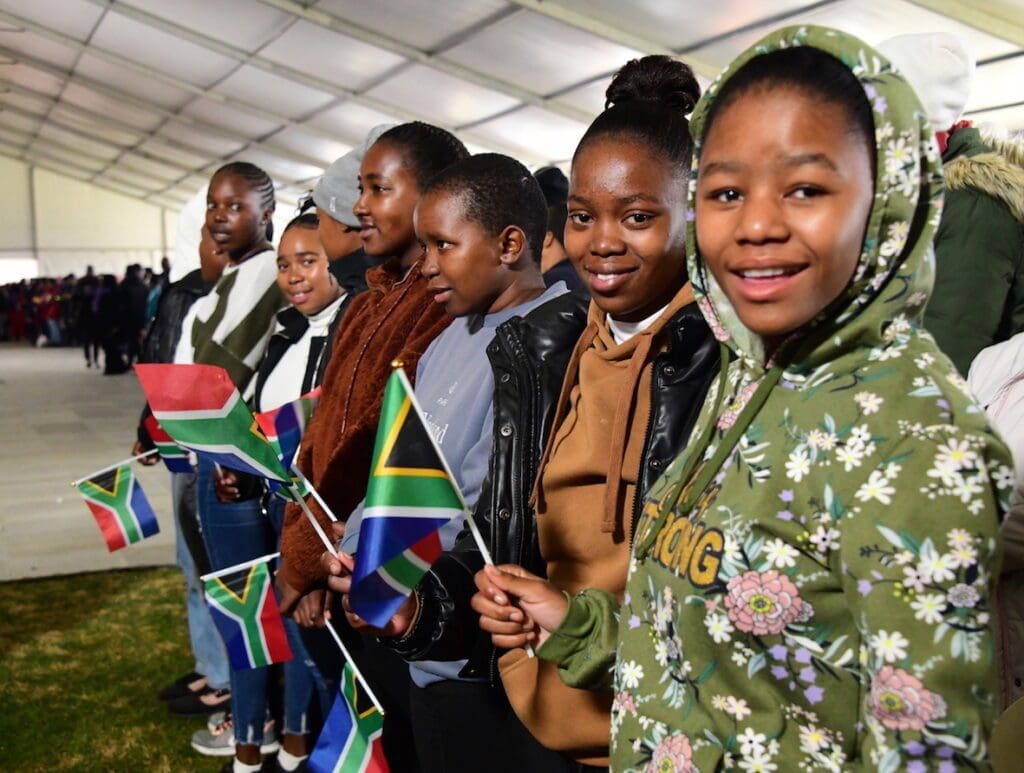
With the 2024 National Elections fast approaching (release the date, Cyril😒), the youth are the ones to watch.
In a voter registration drive held in November, the Independent Electoral Commission (IEC) estimated that 78% of all new registered voters were young people between the ages of 16 and 29. This is encouraging news. The youth are showing a marked interest in the electoral process. But will they show up?
A Human Sciences Research Council report released earlier this month has revealed that about 80% of the youth are undecided about voting😱. This, they reported, was not because they did not care but because they did not believe in current democratic leaders and institutions. Gauteng and Kwazulu-Natal show the highest numbers of undecided young voters. Corruption, loadshedding and unemployment are the most significant contributors to youth dissatisfaction.
The youth vote is critical: South Africa’s voter turnout as a percentage of those who are eligible to vote trends behind other comparable countries. Isolate the youth vote from those figures, and the turnout is even worse. Just 56% of eligible voters aged 18-29 registered to vote in the 2019 national and provincial elections, according to the IEC. Of those who did register, just 46% turned out to actually cast their ballot. That’s way lower than the national average of 66%.
We should pay attention. A Pan-African surveying organisation, Afrobarometer, released a finding on Africa’s youth from last year that made pundits sit up in alarm. Findings from 28 African countries showed that 56% of Africa’s youth are okay with military intervention if elected officials abuse their power. We need to restore young people’s trust in democracy.
The electorate will be spoiled for choice at the polls next year, but with over 300 political parties contesting the national and provincial elections, let’s hope it’s not quantity over quality. 🙈 In addition to these parties, independent candidates are now allowed to contest elections thanks to the Electoral Amendment Act. There was a bit of drama when a clause in the act said that these independents needed to get the signatures of 15% of the people in the region they were contesting to be eligible to stand for the 2024 elections. The Constitutional Court has declared this unconstitutional and ruled that candidates only need 1000 signatures to run.
Some pundits and commentators have called the ruling fair, but it does make for an even longer list of potential spots to place one’s x – further complicating the voting process.
Next year’s election is the first in our democratic history where the ANC could actually be unseated – nationally and in the provinces they govern. Showing up and making an informed choice could mean the difference between a further decline or a desperately needed upswing in our public life. We deserve a fully functioning democracy and state that isn’t marred by corruption and crippling unemployment – particularly for the young people of South-Ah.
Cartoon Couture makes strides at NY Fashion Week

In the whirlwind of New York Fashion Week in February 2023, where trends rise and fall like shooting stars, one unexpected phenomenon took the fashion scene by storm – American art collective MSCHF’s Big Red Boots. A hilarious departure from the sleek Manolo heels and Prada boots, these cartoonish, larger-than-life boots became the must-have statement piece, capturing the attention of celebrities, street-style stars, and even athletes.
MSCHF, known for its avant-garde and sometimes controversial creations, have produced everything from browser plugins to a dog collar that turns a dog’s barking into spoken swear words. 😂 Their latest attention-grabbing release, the Big Red Boots, lives up to its name: a massive, cartoonish-looking boot with an outsize upper moulded to the wearer’s foot, turning them into someone out of a Mario Bros game. It is priced at $350 (R6659,59) and draws inspiration from the playful world of video games. As the brand’s press release irreverently puts it: “Cartoonishness is an abstraction that frees us from the constraints of reality. If you kick someone in these boots, they go boing!”
Stars like Shai Gilgeous-Alexander, Diplo, and Janelle Monae embraced the bold footwear, wearing them to basketball games and events.
Meanwhile, TikTok videos highlighted the challenge of putting them on and taking them off, turning the act into a workout. Yet, the fashion world, ever drawn to a compelling gimmick, eagerly welcomed the Big Red Boots as this season’s standout accessory.
We can’t help but think upwards of R6k is a lot to spend on a gimmick, but hey, at least they’ll help make up a really epic Santa Claus outfit too, if nothing else. 🎅
Another Day, Another Rand-Dollar Manipulation

Oh, South Africa! There is never a dull day here. 🤭
28 mainly international banks have long been accused of rand manipulation. Cue the spy music!
The case, first brought by the Competition Commission six years ago, argues there was a conspiracy to manipulate the US dollar-South African rand exchange rate from 2007 to 2013. The culprits included giants like the UK’s Barclays, JP Morgan Chase & Co and Investec.
How? It’s all rather technical, but according to the commission, the banks worked together to manipulate the USD/ZAR currency pair by fixing various types of currency bids, dodgy work with traders, and manipulating liquidity.
Now, one of the accused banks, Standard Chartered, based in London – entered into an agreement with the commission that includes paying R42.7 million to settle the case – according to a statement released by the commission last month. They’ve also committed to telling on their co-conspirators!
But the story didn’t end there. Once revealed, the government entered the fray in its usual heavy-handed manner. Minister in the Presidency, Khumbudzo Ntshavheni, claimed in November that the private sector had no interest in developing the country and wanted to collapse the government. From where we’re sitting, it looks like our government doesn’t need any help collapsing in on itself. 😒
It’s important to note, though, that the National Treasury said that the actions of the banks were not the leading cause of the local currency losing its value over the past decade or the lousy economy.
The fact is, this is a messy topic that politicians have hijacked and are using as a talking point in the lead-up to the elections. Over on the right-wing cesspit that is X (Formerly known as Twitter), bots and misinformation agents are parroting how the currency rigging is “treason”. There have been plainly false claims that currency manipulation “costs South Africa R1-trillion a day”.
While this issue is ongoing, we shouldn’t allow misinformation to lead the charge when discussing currency rigging. We should applaud the commission for bringing this to light and hope that banks continue to be held accountable.
Unravelling the Real-Life Game of Thrones in South Africa
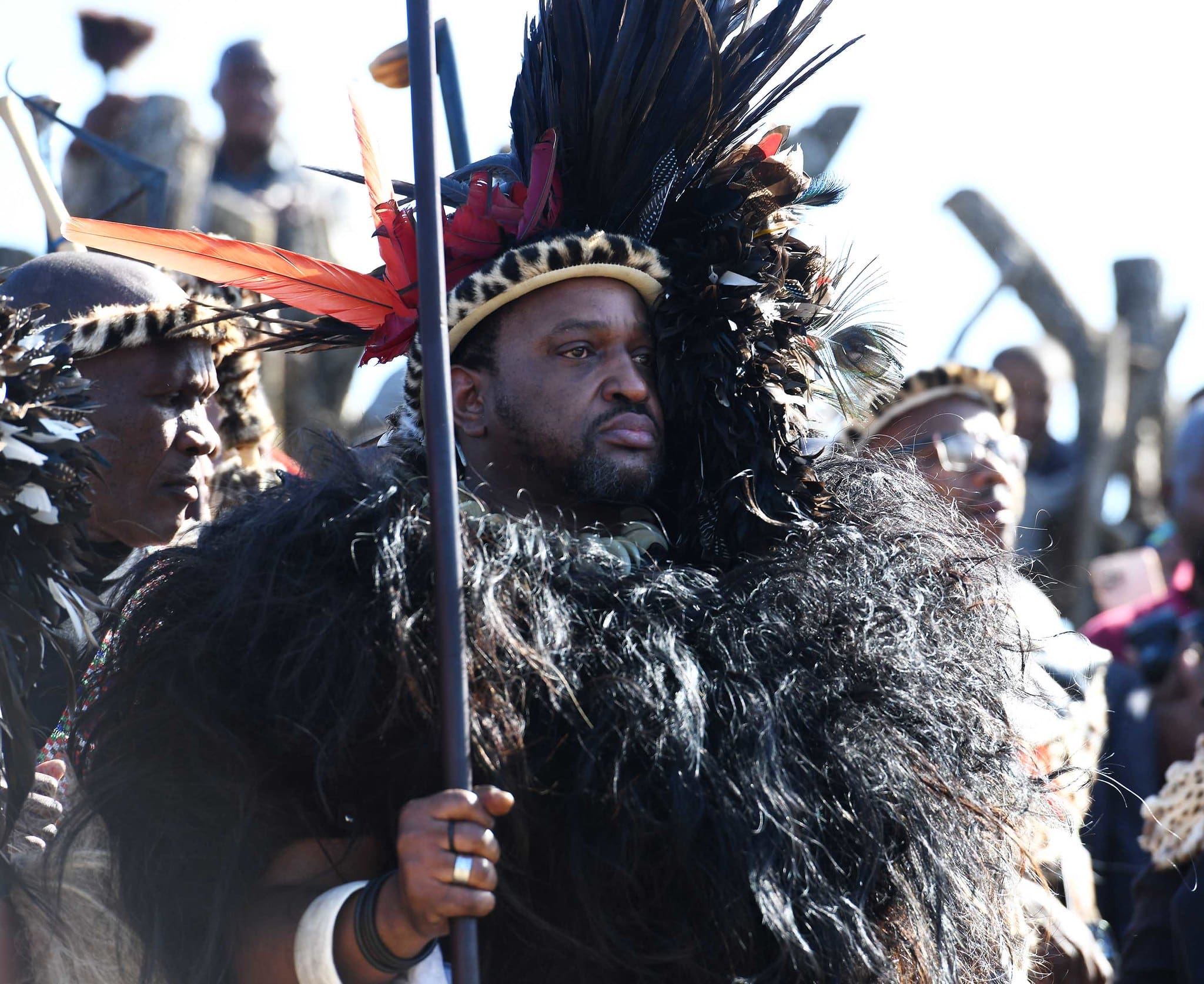
An unfolding drama within the Zulu royal house mirrors the plots of a real-life Game of Thrones. Unlike the fictional Lannisters or Starks, there are no dragons, but the echoes of a Targaryen-esque civil war resonate.
The courtroom has become the stage for a bitter family feud over the throne, triggered by the death of King Goodwill Zwelithini kaBhekuzulu in 2021. Despite contesting claims to the throne, a fancy ceremony went ahead, recognising one of his sons as the successor, crowning him King Misuzulu ka Zwelithini. Crucially, this was recognised by President Cyril Ramaphosa.
King Misuzulu’s half-brother, Prince Simakade Zulu, has long asserted his claim to the throne as the rightful heir.
This month, the entire feud was reignited when a Pretoria High Court ruling deemed Ramaphosa’s decision as “unlawful and invalid.”
Judge Norman Davis issued a mandate to Ramaphosa, directing him to establish an investigative committee. This committee is tasked with scrutinising the claims by Prince Simakade and his uncle, Mbonisi kaBhekuzulu. The crux of their argument is that procedural missteps occurred within the AmaZulu royal family during King Misuzulu’s selection.
Judge Davis emphasised that his ruling should not be interpreted as invalidating Misuzulu’s kingship or disqualifying him as the rightful heir to the AmaZulu throne.
Cyril has declared his intent to appeal the court’s directive. Despite allegations of breaching the Leadership Act of 2019, the president supports King Misuzulu.
At the core of this saga lies a bitter family feud that transcends traditional and legal boundaries. Princes Simakade and Mbonisi argue that the AmaZulu royal family’s customary protocols were overlooked during King Misuzulu’s selection. This internal strife within the family has spilt into the public domain, turning the Zulu monarchy into something of a spectacle.
As the Zulu monarchy navigates its real-life Game of Thrones, the world watches. Will President Cyril Ramaphosa’s appeal tip the scales in favour of King Misuzulu, or will the investigative committee shed light on the alleged breaches of customary laws? We’ll have to wait for the next episode of this particularly messy saga to find out.
